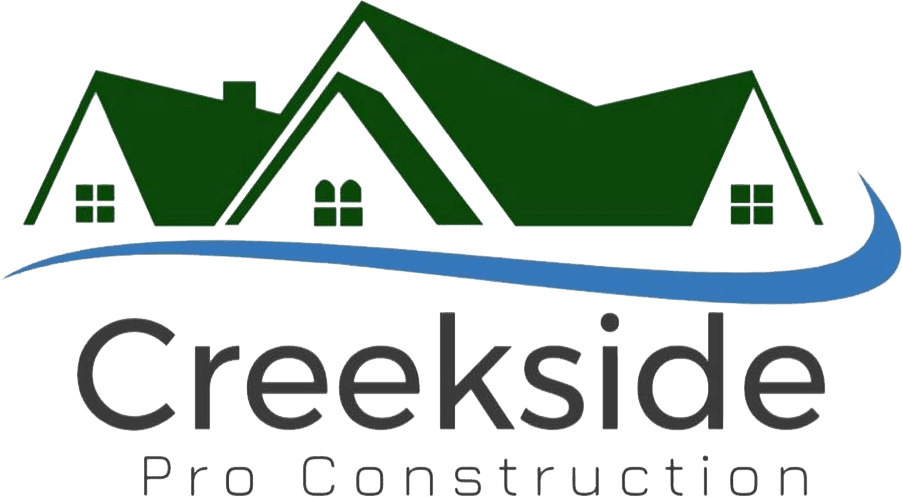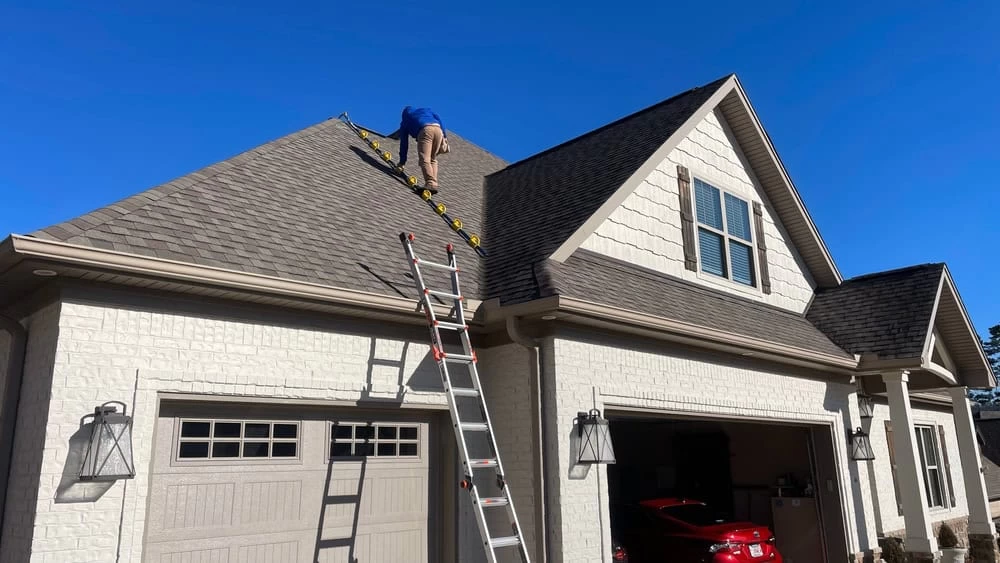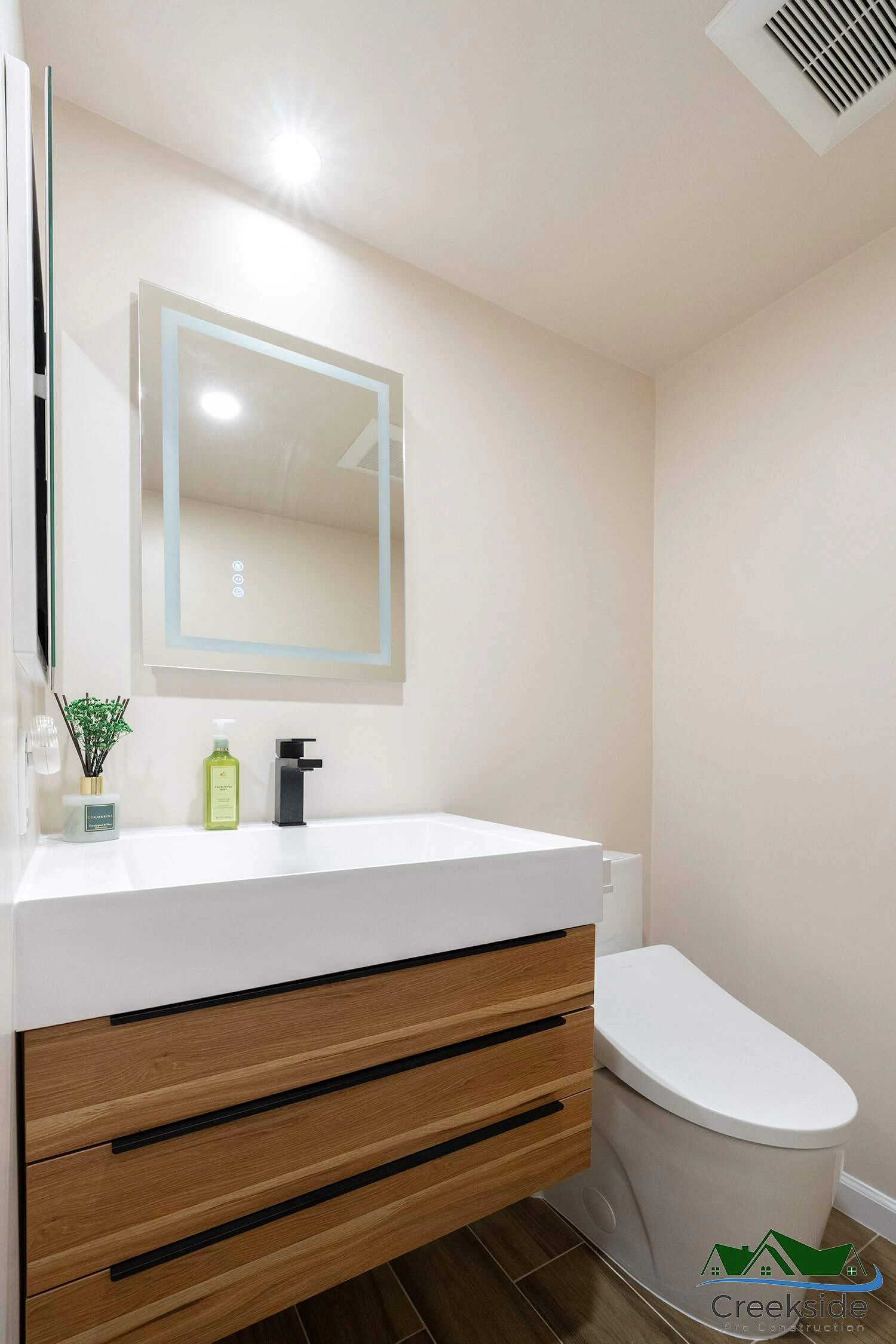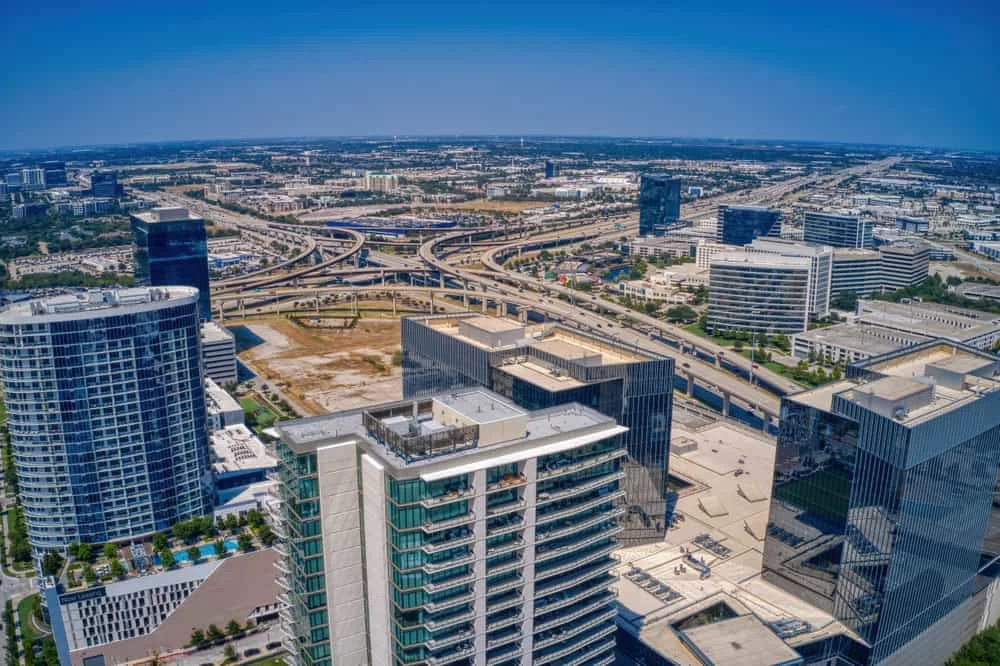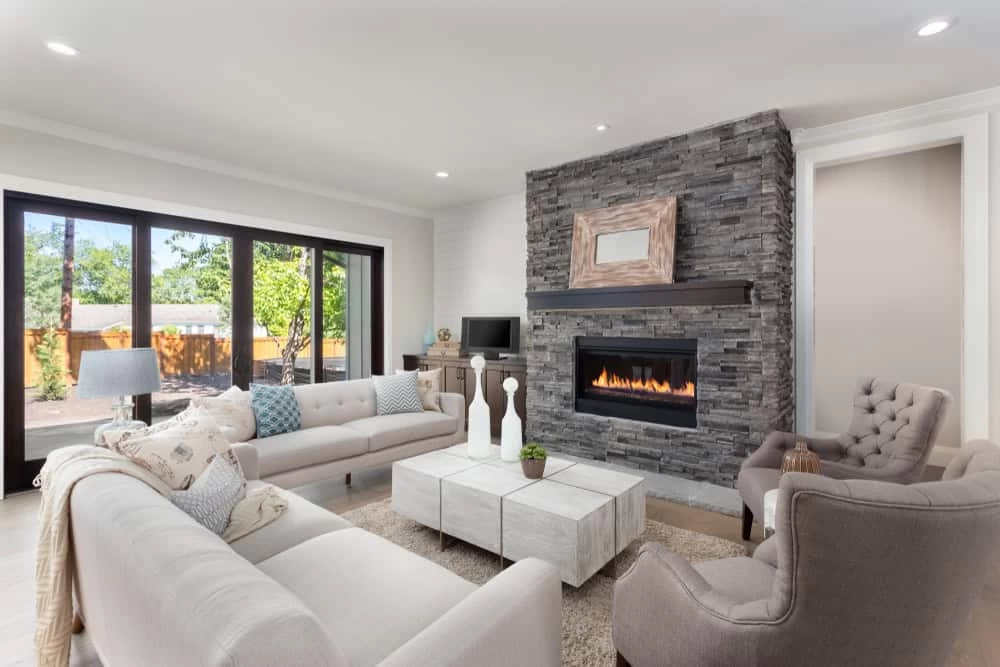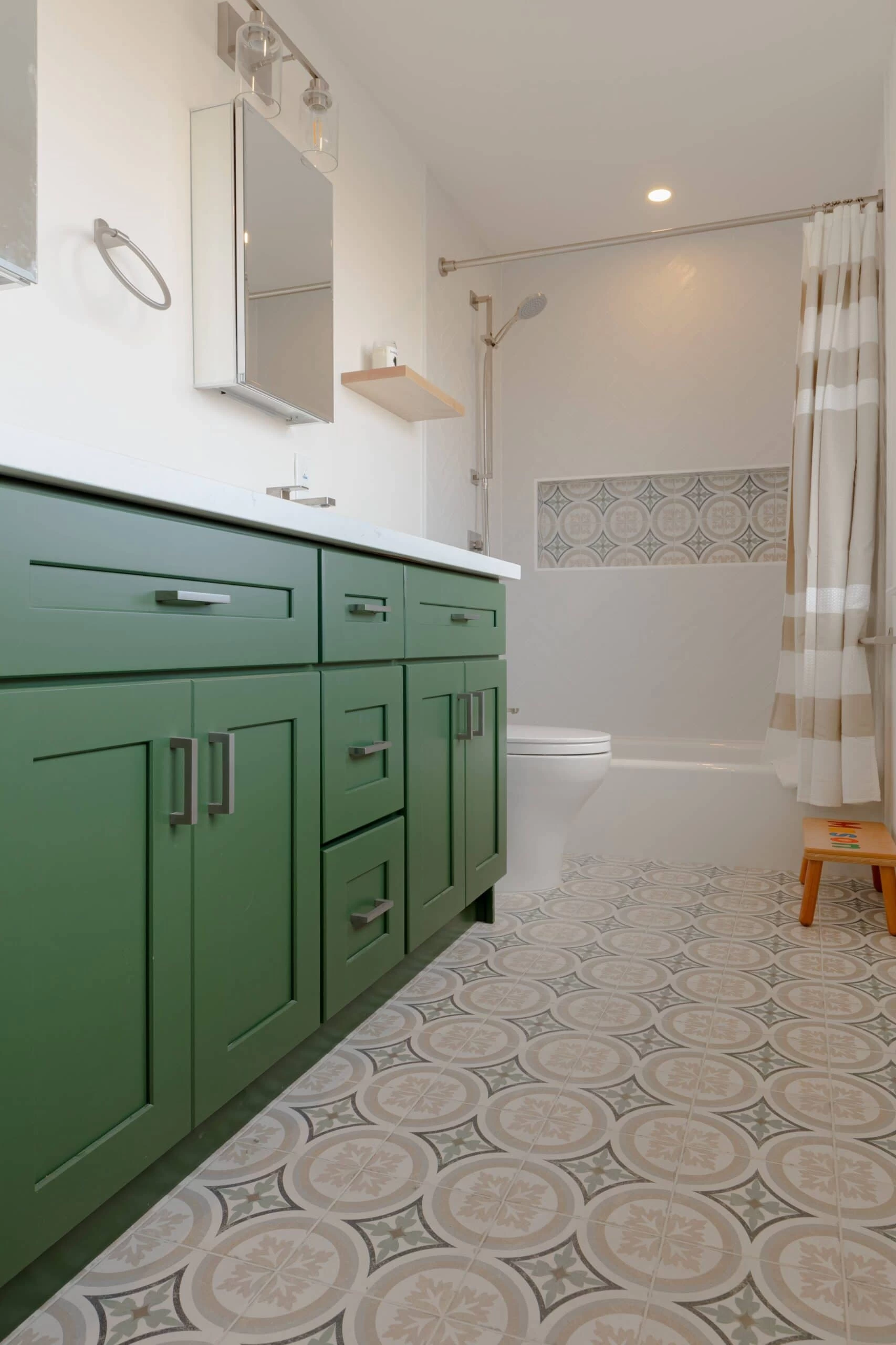Essential Questions to Ask Before Hiring a Roofing Contractor in Contra Costa and Alameda Counties: Choosing the right roofing contractor for your home is a critical decision, especially in areas like Contra Costa and Alameda Counties, where the weather can fluctuate and impact your roof’s longevity. With so much at stake, it’s essential to vet your potential contractors carefully. Here are some of the most important questions to ask before signing a contract
1. Are You Licensed and Insured?
When hiring a roofing contractor, the very first question you should ask is if they are licensed and insured. Here’s why:
- Licensing: A licensed contractor in California has met the necessary qualifications, including proper training, experience, and passing state exams. This guarantees that they are well-equipped to handle your roofing project, following the necessary codes and safety standards.
- Insurance: Adequate insurance coverage is essential to protect both you and the workers involved in the project. If a worker is injured on your property or if there is damage to your home during the project, having a roofing contractor with insurance will save you from footing the bill. In the unfortunate event of an accident, their insurance should cover medical costs and damages.
Without proper licensing and insurance, you may find yourself liable for issues that arise, and it could be more challenging to hold the roofing contractor accountable for subpar work. As a homeowner, it’s your responsibility to make sure that these protections are in place before any work begins.
Key Points to Remember:
- Confirm the contractor’s license with the California Contractors State License Board (CSLB).
- Request a copy of the contractor’s insurance policy to verify that both workers and property are covered during the job.
- Make sure the insurance covers worker’s compensation and general liability.
2. What’s Your Experience with Local Roofing Projects?
While many roofing contractors may have experience in various types of projects, local experience is essential. Roofing projects in Contra Costa and Alameda Counties face unique obstacles due to the region’s climate, terrain, and building codes. A contractor familiar with these conditions is better equipped to:
- Understand local weather patterns: The climate in Contra Costa and Alameda Counties can vary, impacting the types of materials and roofing systems required. For example, homes in higher altitudes may need more durable roofing materials due to more frequent rainfall or temperature fluctuations.
- Handle regional building codes: California has strict building codes, particularly in areas prone to seismic activity or wildfires. A local contractor will be well-versed in these regulations and can ensure that the project adheres to all necessary guidelines.
- Offer suitable roofing materials: An experienced contractor will know which roofing materials perform best in the local climate. Regardless of if it’s choosing asphalt shingles for a residential home or recommending metal roofing for increased durability, a local expert will have valuable insights.
Key Points to Consider:
- Ask for examples of previous local roofing projects and client references.
- Make sure the contractor is familiar with Contra Costa and Alameda Counties’ building codes.
- Look for a contractor who understands how local weather patterns can affect the longevity of different roofing materials.
3. Can You Offer a Detailed Estimate?
A detailed, written estimate is one of the most critical documents when hiring a roofing contractor. Avoid vague or verbal estimates, as they can lead to unexpected costs down the line. A clear and detailed estimate should outline:
- Cost of materials: This should include the exact type and quantity of roofing materials being used. It will also specify the grade and quality of the materials, as well as any potential substitutes.
- Labor charges: The cost of labor should be broken down, outlining the hours expected to complete the job and the hourly or flat rate charged.
- Potential additional costs: The estimate should account for any unforeseen issues that could arise during the project, such as structural repairs or weather-related delays.
- Total cost: The overall cost should be clearly stated. A reputable contractor will give you an estimate that doesn’t include hidden fees and will inform you if the price could change due to unforeseen circumstances.
In areas like Contra Costa and Alameda Counties, where the cost of living is relatively high, having a transparent estimate helps make sure that you stay within your budget. An estimate that clearly outlines all expenses avoids any financial surprises during or after the project.
Key Points to Remember:
- Request a written estimate that details the cost of materials, labor, and potential extra charges.
- Ask if the estimate is fixed or if there is a possibility that the price could change based on project circumstances.
- Make sure to clarify any ambiguities before agreeing to the estimate.
4. What is Your Timeline for Completion?
Roofing projects should never drag on for months, and an open timeline can cause significant inconvenience. Make sure you have a clear understanding of the contractor’s projected start and completion dates.
This is especially important in regions like Contra Costa and Alameda Counties, where weather can be unpredictable, potentially delaying construction. Consider the following:
- Project start and end dates: Ask for an estimated start date, and get a sense of how long the project will take. A roofing project should typically take anywhere from a few days to a few weeks, depending on the size and complexity.
- Weather delays: Due to rain, wind, or heat, roofing work may be delayed. A contractor with local experience will have contingency plans in place for weather-related delays.
- Flexibility: Ask how the contractor handles delays and how they keep the project on track. A reliable roofing contractor will have clear communication about potential issues that could impact the timeline.
Setting realistic expectations for project completion guarantees that both you and the contractor are on the same page. It helps maintain a sense of accountability and makes sure that you won’t be stuck waiting indefinitely for your roof to be finished.
Key Points to Discuss:
- Confirm the estimated project timeline, including start and finish dates.
- Ask how the contractor deals with weather-related delays and how they communicate schedule changes.
- Make sure that you are both in agreement about the project’s timeframe.
5. Do You Offer a Warranty on Your Work?
A reputable roofing contractor should offer a warranty on both materials and labor. This is your guarantee that the contractor stands behind their work. A warranty is particularly important in areas like Contra Costa and Alameda Counties, where the weather can take a toll on your roof over time.
- Warranty on labor: This typically covers issues related to craftsmanship, such as improper installation or errors made during the roofing process.
- Warranty on materials: This covers defects in the roofing materials themselves. Manufacturers often offer warranties on the materials, but the contractor should also offer a warranty on how those materials are applied.
- Length and coverage: Make sure the warranty covers a reasonable period, such as 10-20 years, and get the warranty details in writing. The contractor should also clarify what’s included in the warranty and what might void it.
A solid warranty shows that the contractor is confident in their work. If something goes wrong after the job is completed, you won’t be left with an additional financial burden.
Key Points to Ask:
- Inquire about both labor and material warranties.
- Get the details of the warranty in writing, including the length and what’s covered.
- Ask the contractor how they handle warranty claims.
Final Thoughts: Choosing the Right Roofing Contractor in Contra Costa and Alameda Counties
Hiring the right roofing contractor is integral to the success of your project. By asking these five essential questions—regarding licensing and insurance, experience with local projects, a detailed estimate, timeline expectations, and warranty coverage—you are well on your way to making an informed decision.
Remember, your roof is one of the most important investments in your home, affecting both its safety and its value. Take the time to thoroughly vet potential contractors, making sure they have the necessary expertise, transparency, and commitment to performing quality work.
By choosing a licensed, experienced, and well-reviewed contractor who stands behind their work with a solid warranty, you can be confident that your roofing project will meet your expectations and provide long-lasting results.
Ultimately, don’t rush your decision. Ask the right questions, do your research, and choose a contractor who understands the unique needs of homes in Contra Costa and Alameda Counties. Your home deserves the best, and the right roofing contractor will help guarantee that your roof is installed correctly and built to last.
